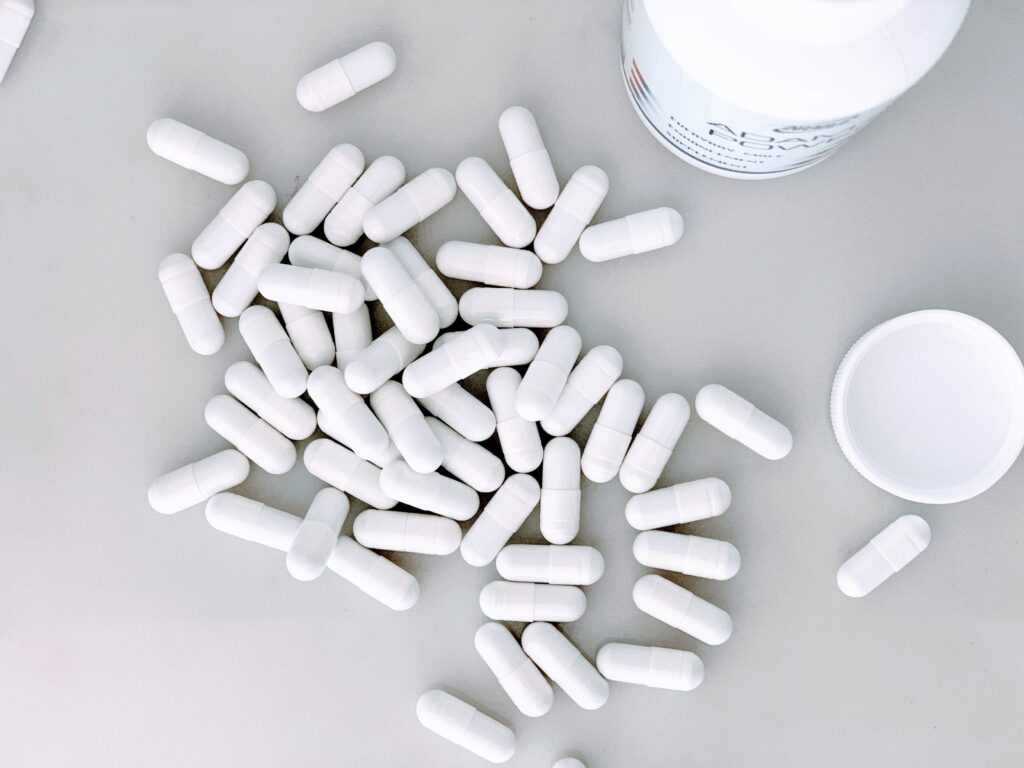10 things I wish I knew about Antidepressants
If you have read a few of my other articles you will know that I took antidepressants in the past and had a horrible reaction to them. I know many people that found out the truth about antidepressants the hard way (like I did) and are adamant that had they known they would have done things differently. Even if antidepressants seem necessary, knowing all there is to know about them is crucial so you can be properly prepared for the reactions that follow. So here are some of the things I have learned along the way.

1. Antidepressants are given on the assumption that people that suffer from depression or anxiety have an imbalance or deficiency of neurotransmitter chemicals in the brain. The reality is there is no way to test neurotransmitter levels so you can never know if you truly have a deficiency. In theory, this may be true for some people but it is impossible to test or even have baseline measurements to compare to.
2. Antidepressants will make you gain weight, sometimes a lot of weight! Antidepressants are toxic to your system. The body deals with toxins by surrounding them in fat cells so that they do not enter your blood stream or other areas of your body where they could be lethal. This is why it is common to see people gain in excess of 20kg quickly when they start antidepressants and lose it very quickly once they come off
3. It is estimated that about 90% of all serotonin is produced in the intestine. Only 10% is produced in the brain. Antidepressants will affect your digestion just as much as they affect your brain. The digestion is “suppressed” or “paralysed” while on the meds. There is little to no research available on what effects antidepressants have on the intestines, so for the most part we simply do not know how the gut is affected, however many people including myself have found that you are more sensitive than what you used to be once off the meds.
4. In recent years things have started to change but the majority of doctors are unaware of antidepressant withdrawals and will tell you your symptoms are a “relapse”. They will insist that this is what you were like before you started taking the meds. Patients can of course tell the difference but doctors dismiss this because they have not been educated on withdrawal symptoms.
5. Withdrawal symptoms are greatly minimised by coming off the drugs slowly. If done properly many people can make it through without too much difficulty however abruptly increasing, then decreasing your dose will have the same effect as coming off cold turkey despite still being on the meds.
6. The reason antidepressants are prescribed for anxiety instead of anti-anxiety meds (although anti-anxiety meds are much more effective) is that anti-anxiety meds were developed approx. 50 years before antidepressants and over time studies have concluded that anti-anxiety meds are dangerous and can produce severe withdrawal symptoms. The symptoms are almost identical to the symptoms of antidepressants but antidepressants have not been around long enough for science to catch up to how dangerous they are.
7. Because antidepressants are a multimillion-dollar business, it is not in the company’s best interest to expose the truth about the side effects and independent research is often shut down or compromised.
8. Many antidepressant manufacturers have been sued on multiple occasions because of failure to warn patients and doctors of withdrawal side effects. On nearly all occasions the antidepressant companies have lost. There have been reports of bribery towards the legal system from antidepressant companies in order to keep silent about the legal findings.
9. Even when seemingly effective, most people will become accustomed to their dosage over time and will need to incrementally increase their dosage to get the desired effect. This has led people to take enormous dosages that are toxic to the body. It is not uncommon to hear of people losing consciousness or going into commas when the dosage reaches a limit the body can no longer process. Withdrawing from such a high dosage is near to impossible (but it can be done).
10. In some cases, depression and anxiety can become worse when taking antidepressants increasing suicide rates. It has been shown that although antidepressants can be useful in the short term, long term use increases depression. Similarly withdrawing from antidepressants has a strong link to increased suicide attempts. There are hundreds of thousands of people around the world that have signed petitions against antidepressants are lobbying against them in a constant battle against “Big Pharma”.
Like all pharmaceutical drugs, antidepressants may be effective in treating the symptoms of depression and even anxiety for the short term but they are not treating the cause. Real healing comes from addressing the cause of the anxiety or depression, whatever that may be, instead of reaching for a quick-fix solution. In my case, it was correcting a hormonal imbalance and nutrient deficiency as well as unlearning a few anxious behaviours from my past. For others it may be dealing with past traumas, navigating through difficult life circumstances, healing relationships or correcting diet, lifestyle or other underlying health issues. Healing from depression and anxiety is extremely hard work that can take many years, and although I agree that sometimes antidepressants can have a positive role in someone’s healing journey, they are only an aid, and not the real cure.









